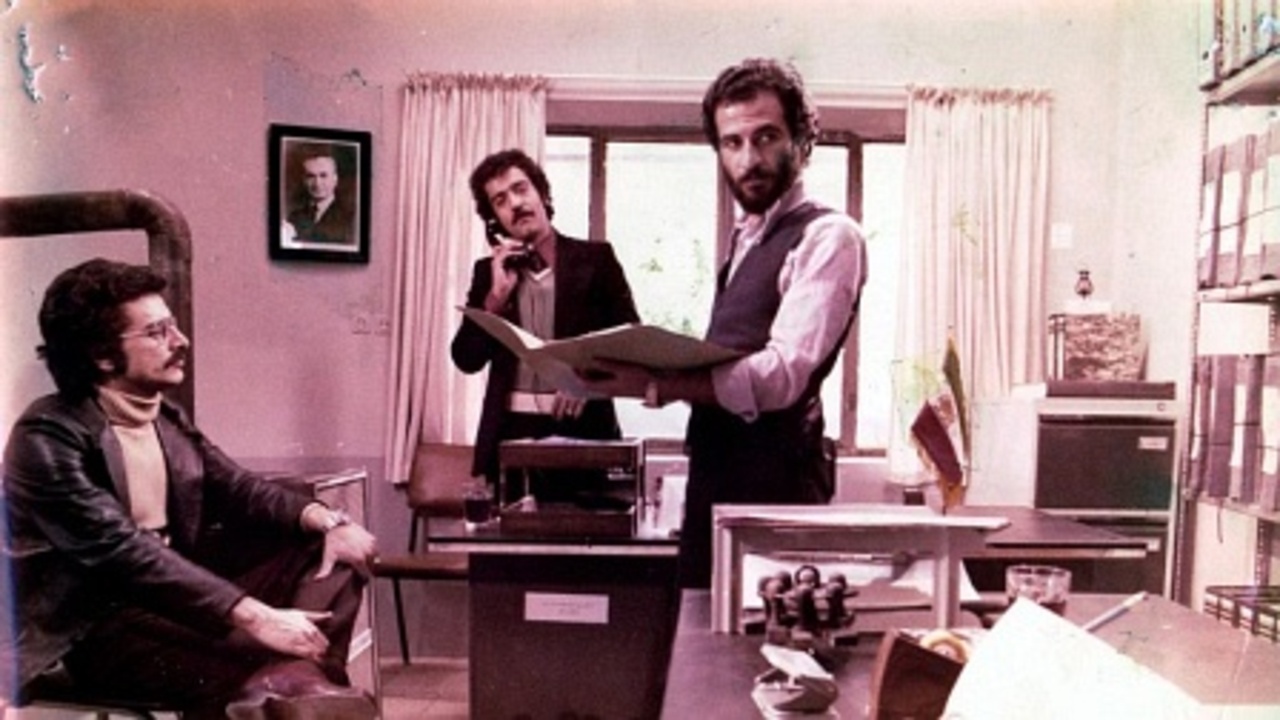There’s something of a double bind that living with a disability provides in terms of individual identity and personal autonomy: that of either a desire to simply exist outside of the context of any handicap or possession of an understanding that any sense of self is intertwined with such impairment. This notion extends past the general perception of what many understand to be incapacitation, and into a realm of body dysmorphia that every person in today’s hyper-aware society has to a certain degree: our physical presence often serves as the first impression of ourselves before anything so complex as language or interpersonal connection play a part, our whole selves quickly defined by these explicit and superficial characteristics. No film artist has understood this complicated relationship more than Tsai Ming-liang, who has centered a majority of his work around the seemingly broken human physiques of his alienated leads and the social isolation they endure because of their imperfections. In My Stinking Kid, Kai-chiang (Chang Chea) has a disability, though it’s one that doesn’t immediately present itself: N-Acetylglutamate Synthetase Deficiency, a condition in which the levels of ammonium in one’s body are so high that if one doesn’t regulate their intake properly, death is possible. So, the teenaged Kai-chiang is forced to take medication to keep this under control; if this struggle is more visceral than extracorporeal, what exactly is the issue here other than having to drink some shitty tasting remedy? It turns out that this drug has one noticeable side-effect: it leaves a repugnant odor behind, one of ammonium that both demands Kai-chiang remain cognizant of his disorder and makes being in his presence generally unpleasant for others on an olfactory level. His only close companion is his mother (Lu Yi-ching, a Tsai regular), who has written several books about her son and his struggles in the hopes to spread awareness for this rare illness; while she earnestly believes she’s doing the best for her child, it often comes off as if she only recognizes her offspring as a herald of possible social change via his ailment.
Yet, perhaps most importantly, this work highlights the ways in which well-off individuals oftentimes fetishize and exploit their loved one’s perceived weaknesses or exoticism in the name of activism (or, more commonly, slacktivism).
There is an obvious physical distancing Kai-chiang’s fellow classmates employ, reluctant as they subject themselves to his fetor. In response, Tsai — and his longtime collaborator and muse Lee Kang-sheng, who’s given co-directing credit; this is the only time the two have collaborated together on a project in this capacity — instills a Brechtian distance in My Stinking Kid that heightens this discomfort. A classroom meltdown, with desks and chairs being liberally flung around, feels more like a procedural than as an act of passionate catharsis, with each object being carefully picked up, one at a time, before being discarded; what should be an emotionally draining sequence where a parent and her child physically grab each other is more cumbersome than devastating, as if the two are barely putting their heart into the matter at hand. This awkward, often clumsy aesthetic could be the result of the medium being utilized: as a telefilm that was commissioned by the Twain’s Department of Health, this is an unfortunate take on the after-school special that brings to the forefront the internal struggles of social seclusion. Yet, perhaps most importantly, this work highlights the ways in which well-off individuals oftentimes fetishize and exploit their loved one’s perceived weaknesses or exoticism in the name of activism (or, more commonly, slacktivism). It’s akin to the self-congratulatory liberalism that finds white Americans back-slapping themselves because they have one black friend, or feeling like they’re a real ‘ally’ because they watched Black Panther multiple times. Though the contexts are radically different, they are in possession of the same defining principle: if you only exist as what others deem you to be, or are co-opted for their ends, you can never fully define yourself.







